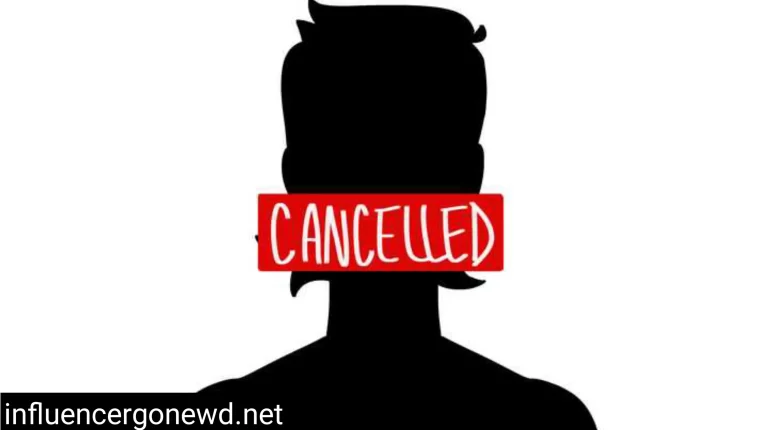The Hidden Role of Web Hosting in Boosting Conversion Rates on High-Traffic Pages
The importance of web hosting is usually underestimated by most owners of websites and many tend to think it is all about maintaining a site on the internet. Web hosting is more than that though. It is the technological foundation of your site and features everything, including accessibility and performance. This technical basis has a direct impact on your site to connect with visitors and finally to convert them. So, what is the conversion rate of a web page actually? And how can your hosting environment make it or break it on pages that are heavily trafficked? Influencer gone wild sparks chaos and unexpected online backlash.

What is a Conversion Rate of a Webpage?
A conversion rate is a percentage of the number of visitors who have successfully accomplished a particular objective or an action on your site. This move differs with the intention of the page. As an example, a conversion on an ecommerce product page could be a user hitting the Buy Now button–even when they do not actually make a purchase at that time.
Examples of desired actions are:
- Signing up to a newsletter
- Submitting a contact or quote form
- Downloading a whitepaper or brochure
- Scrolling through to a new page
- Taking a pop-up poll
To maximize the benefits of your traffic, it is crucial to know and maximize your conversion rate, and your hosting has a great role in it.
The Impact of Web Hosting on Conversion of High-Traffic Pages
Your hosting plan will have more effects than uptime. These are the main ways how your hosting environment can have a direct impact on conversion rates on your busiest pages:
1. Hosting Plan Type
Depending on basic shared hosting, your site could fail when traffic floods in especially when you are on marketing or launching a product. Restricted resources may cause crashes or bottlenecks at the moment when the interest of users is the highest. Moving to VPS or dedicated hosting will give your site the bandwidth and performance to manage the growth without any problems.
2. Page Load Speed
The speed at which your site loads is one of the most important things that will help it keep users glued to it. Even a few seconds delay may cause the users to leave the page. Indeed, research has established that more than fifty percent of viewers will exit when a page takes longer than three seconds to load. Faster hosting services would imply faster web page speeds which can increase your conversion rate greatly.
3. Website Uptime
When your high traffic pages are down and out due to server failure, you are not only losing visitors, but you are losing sales or leads. To ensure that the conversion opportunities remain available 24/7, it is crucial to select a credible hosting provider that will ensure that the uptime performance is high (preferably 99.9% and above).
4. Interactive Features and Design Support
Good hosting does not only contribute to speed and availability but also allows designing the pages better. No matter what you have in mind, interactive plugins, visual enhancements, optimization tools, the power of your hosting package will ensure that your site can take them without losing a step in performance. An improved user experience tends to result in more conversions.
What is a Good Conversion Rate?
The conversion rates will be different in relation to the nature of your business, your target audience and your page objective. Having said this, the average conversion rate should be around 2 to 10 percent. This rate can be as high as 11 percent or higher in case of dedicated landing pages or high-intent audiences.
Your conversion rate can be computed by using the following formula:
Conversions/ Total Visitors x 100
Having an understanding of your baseline, you can improve it by upgrading your hosting, enhancing UX design, and optimization of performance under heavy load conditions.
Final Thoughts
Your hosting plan is not just a background service it is one of the biggest factors in the performance and success of your site. Whether it is loading times and uptimes, or your capability to scale to meet the traffic demands during high traffic times, web hosting directly influences the number of your visitors that can be turned into leads, subscribers, or customers.
When it comes to getting the most out of your high-traffic pages, you should ensure that your hosting environment is fast, reliable and scalable. Better hosting is not only a matter of technical improvements, it is also a matter of making a visitor take a smoother path to conversion.





